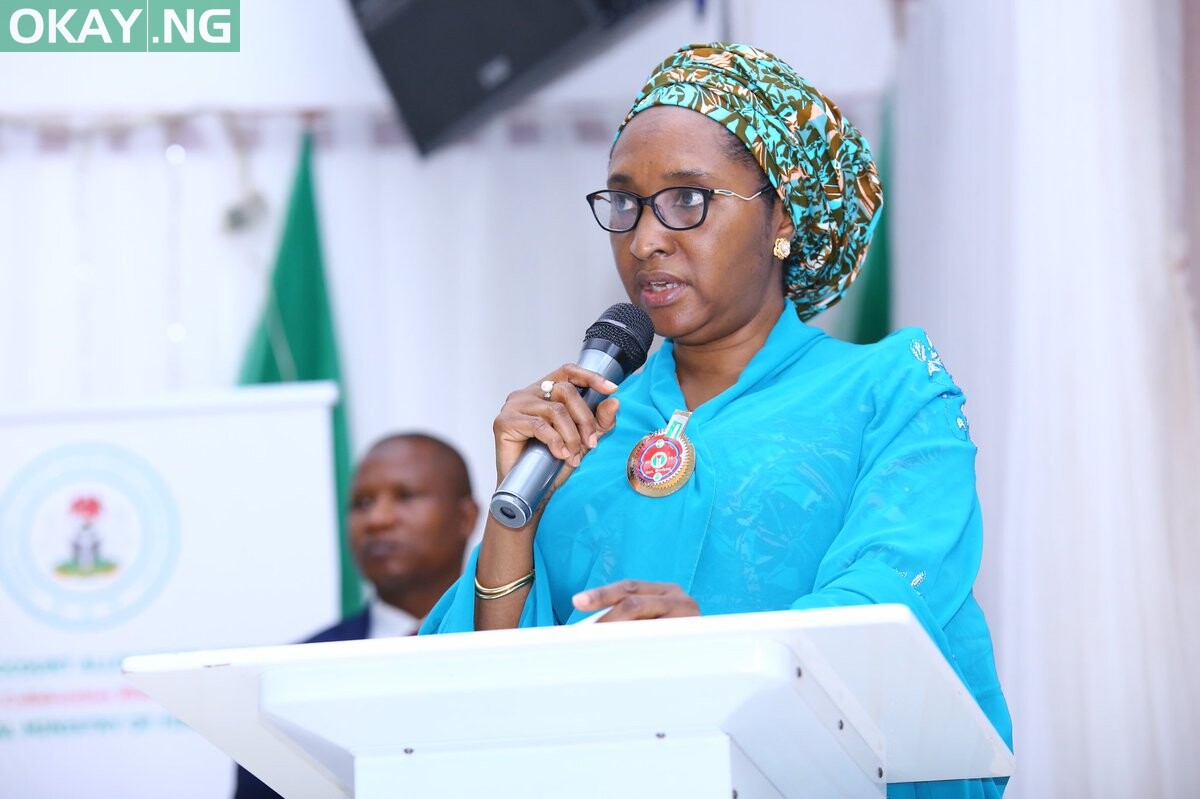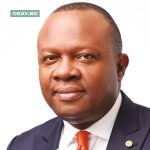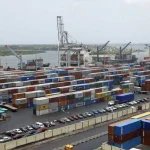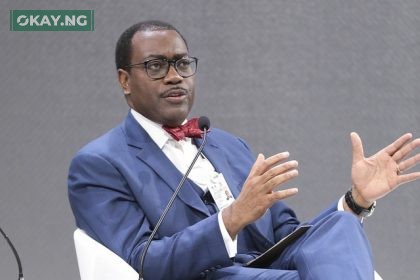According to Zainab Ahmed, Minister of Finance, Budget, and National Planning, $2.3 trillion will be required over the next 21 years to modernize Nigeria’s infrastructure.
Speaking at the Integrated Infrastructural Research for Development conference on Friday in Abuja, the minister made this public to reporters.
According to her, the updated National Integrated Infrastructure Master Plan was created to provide funding for important economic sectors like housing, agriculture, train, and roads from 2022 to 2043.
“In the national development plan, we have estimated the required investment at $2.3 trillion, with a private sector contribution of 86% projected between 2021 and 2025,” she stated.
These are downturn investment targets, but they stand in for the fundamental prerequisites needed to create the modern, industrialized Nigeria that we want for ourselves and our children.
Ahmed continued by pointing out that a novel strategy for funding infrastructure projects had been developed as a result of extensive consultation with the private sector.
She gave the 2019 introduction of the Road Infrastructure Development and Refurbishment Investment Tax Credit Scheme as an illustration, stating that it made use of private sector know-how to build, fix, and maintain important federal roadways.
To leverage private sector capital through tax credits and provide private sector expertise to construct, repair, and maintain critical road infrastructure in key economic growth corridors and industrial clusters in the country, we established the Road Infrastructure Development and Refurbishment Investment Tax Credit Scheme, which was launched in 2019.
“With this project, road projects across six geopolitical zones of our country have received approval and are in varying phases of construction thanks to the usage of tax credits.
“So far, we have issued four circles of SUKUK bonds totaling N64.5 billion, and a fifth circle is currently being prepared and will be roughly N250 billion in value.
This is what we have so far released and used for particular road projects across the nation.












